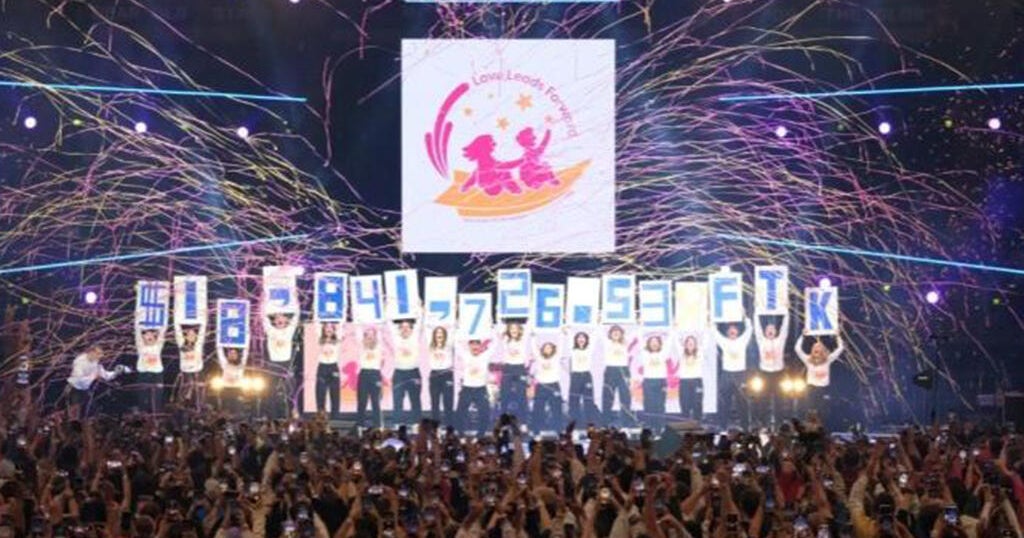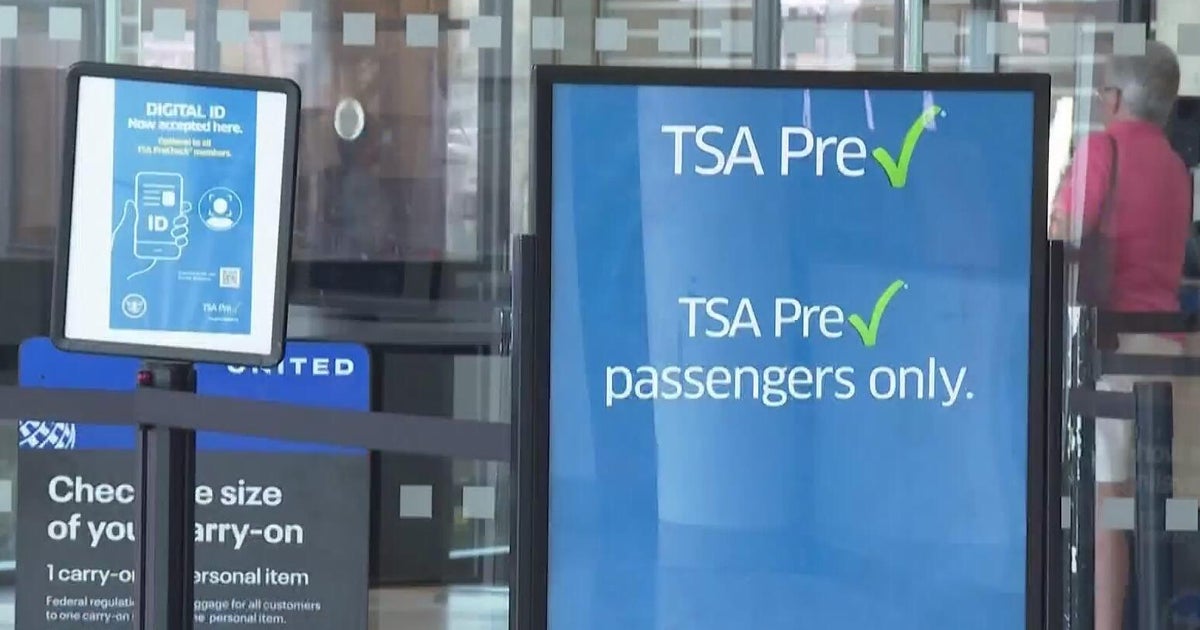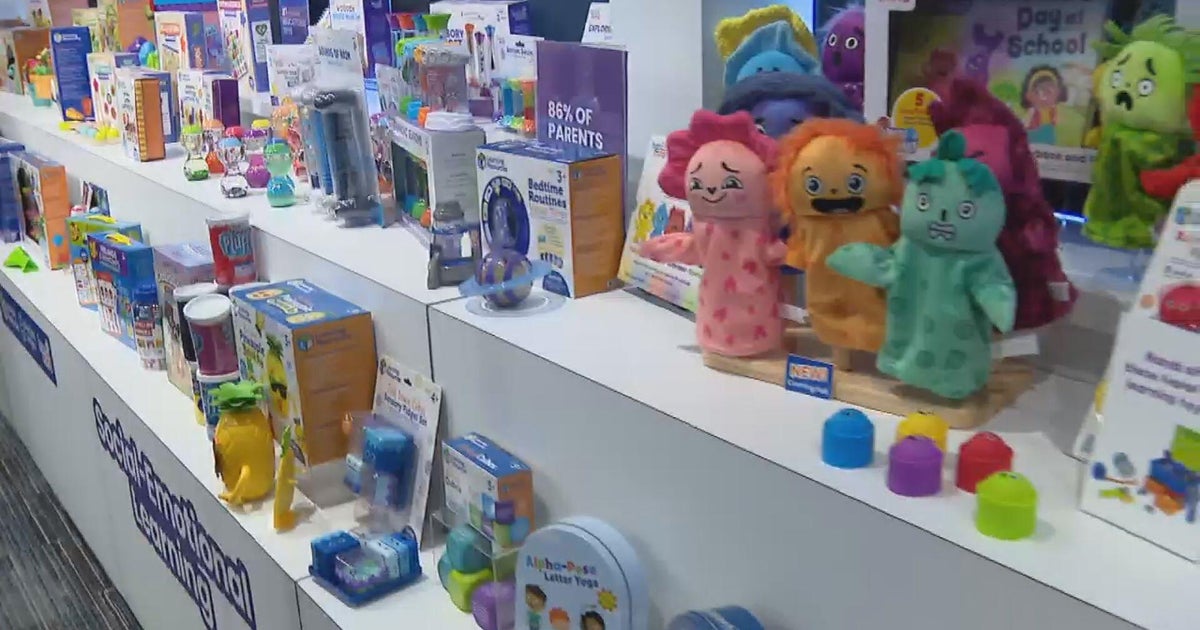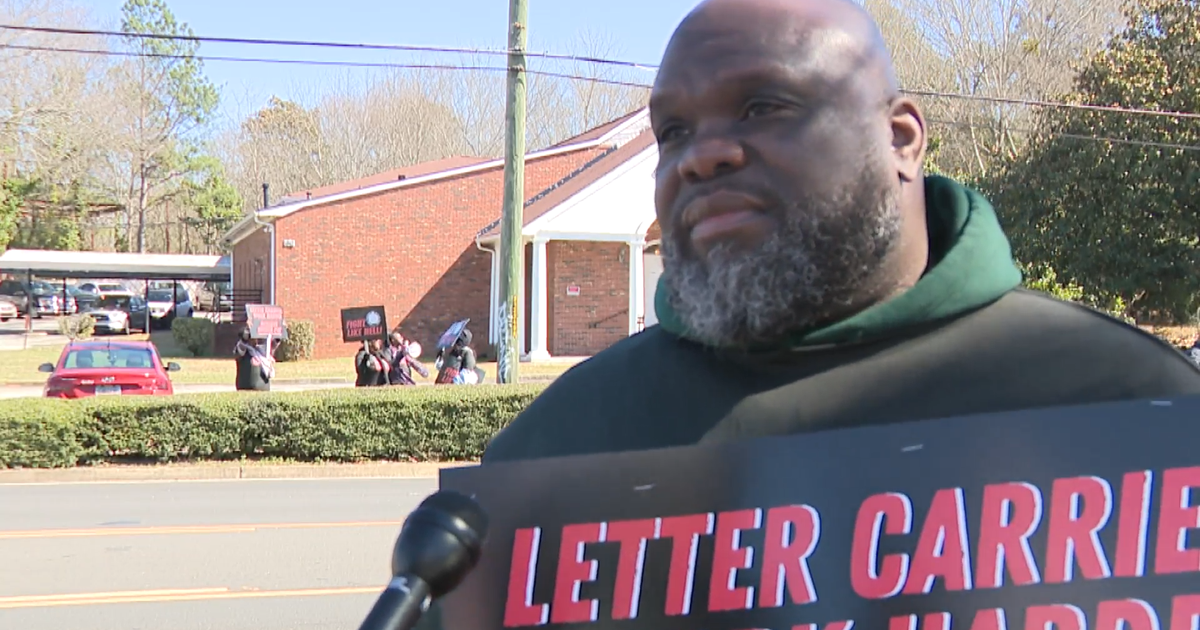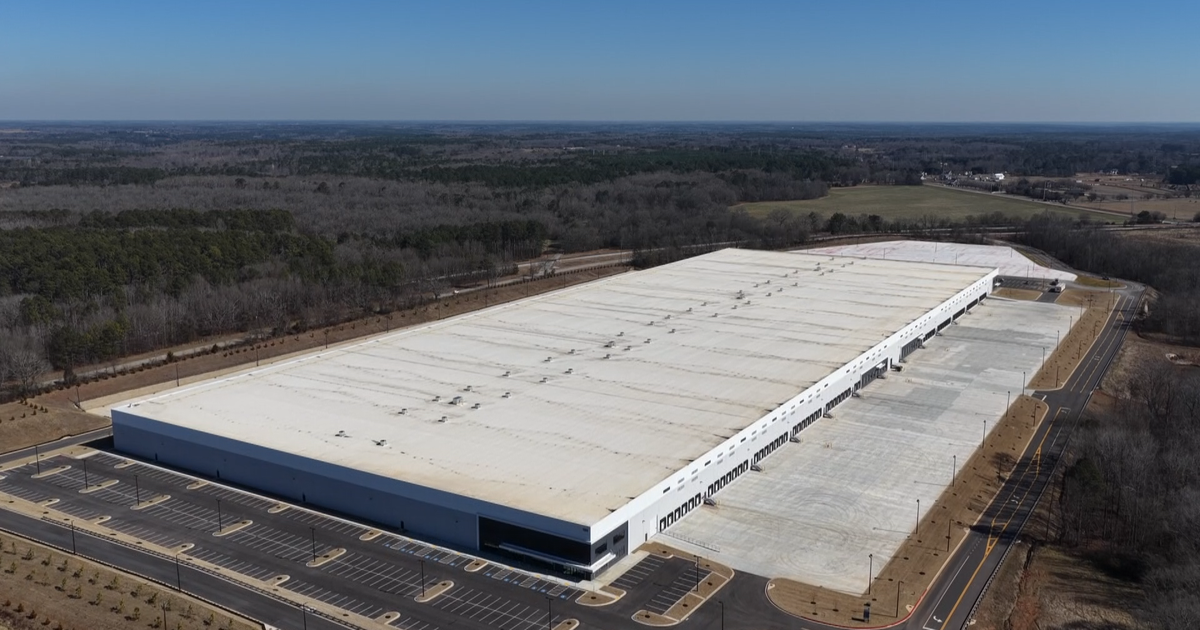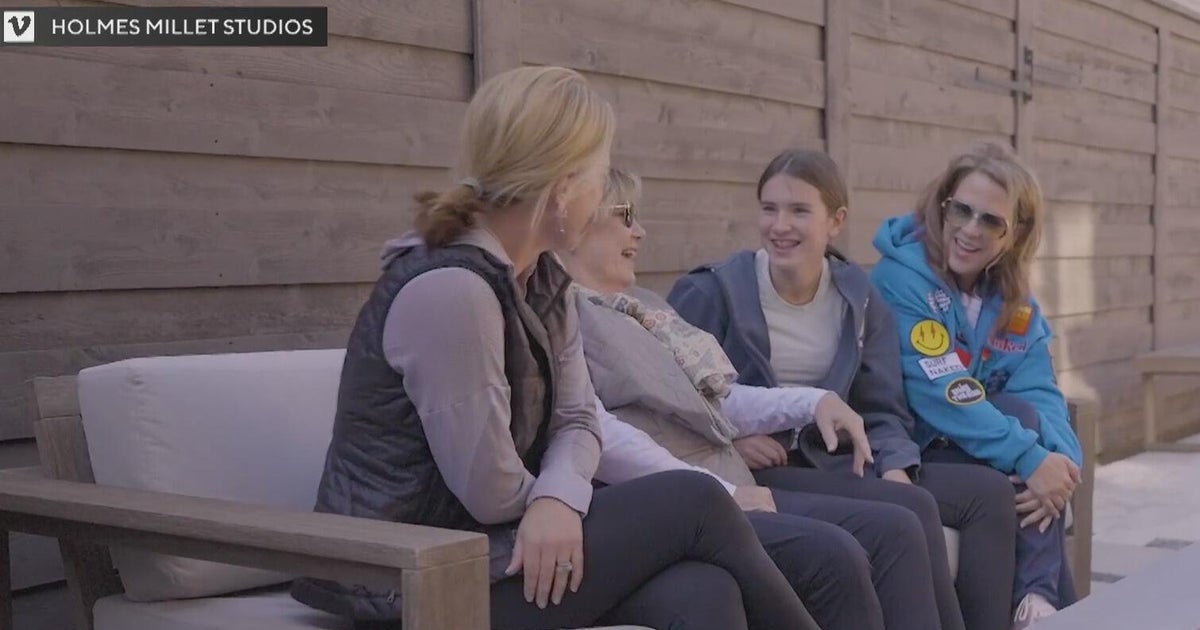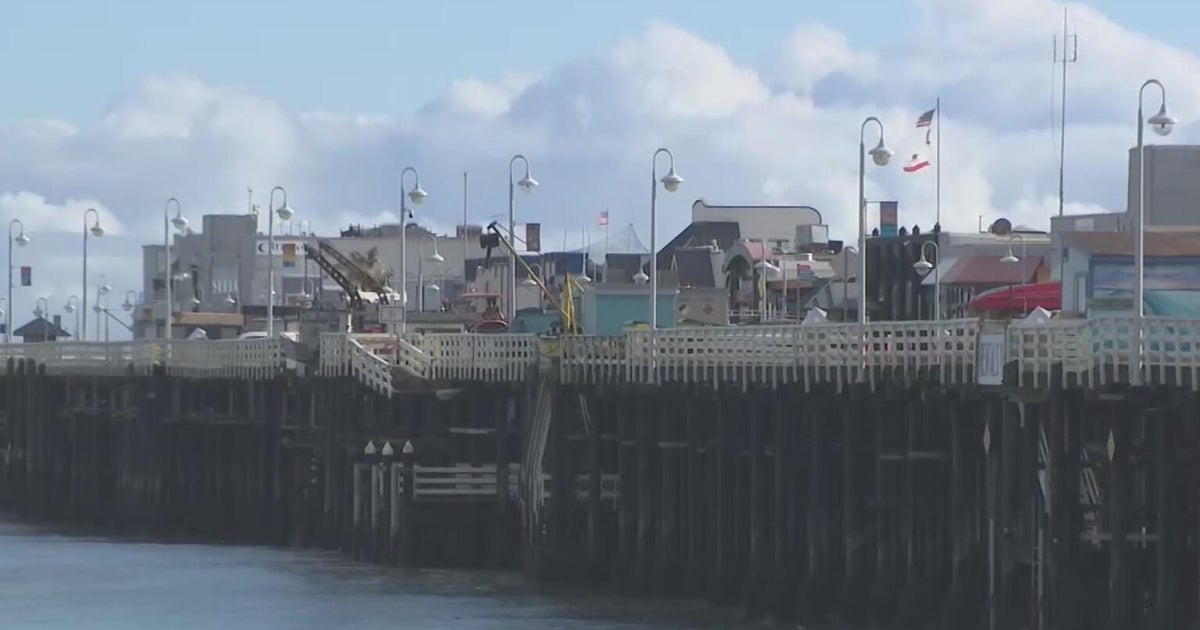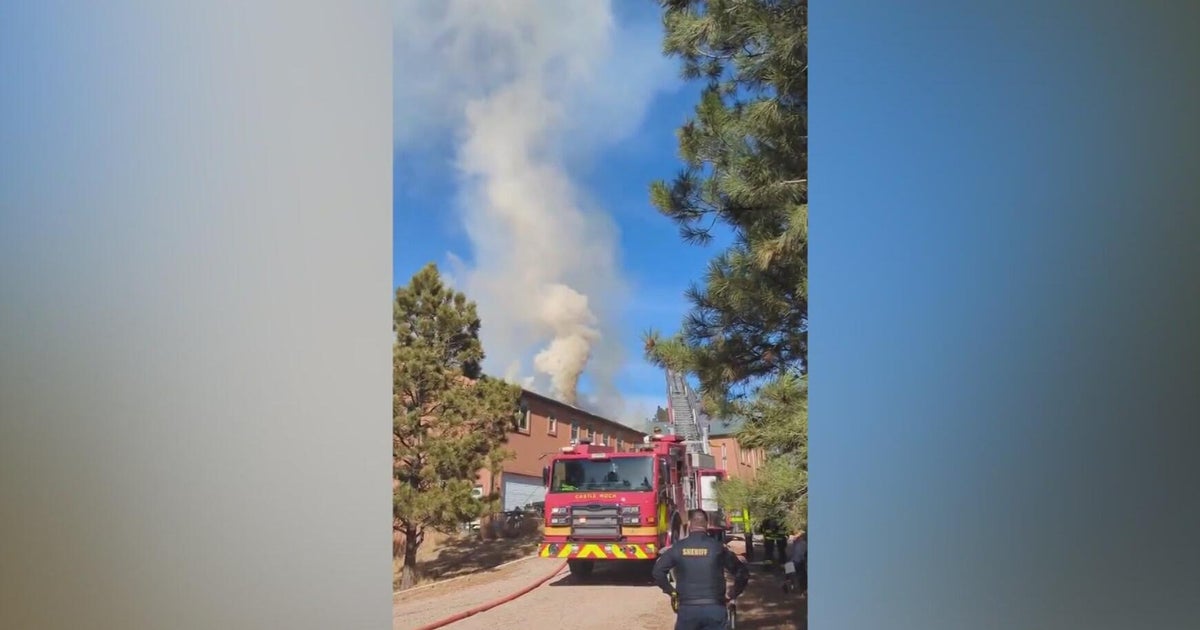Shuttered COVID testing lab still waiting for nearly $7 million promised by feds, but it may never come
CHICAGO (CBS) -- Remember the pop-up COVID-19 testing centers that helped track the spread of the virus at the peak of the pandemic? Many were small businesses run by entrepreneurs without deep pockets. Now, years later, many are still fighting to get paid back by the federal government.
CBS 2's Lauren Victory spoke to one suburban woman stuck holding the bag.
Tracking finances is the not-so glam side of being a business owner, but Janine Morabito and her husband saw potential when they glitzed up a gut rehab in 2021.
"Planning, and thinking about it, and sleepless nights," she said.
All that stress poured into a stress-free oasis in Lincolnwood - a medical spa the couple is extremely proud of.
Morabito said it feels like they just cut the ribbon, but now they're forced to cut ties.
"Literally, we are losing everything we've ever worked for," she said.
Let's rewind to December 2021. The omicron variant of COVID-19 was heating up just in time for the holidays. People scrambled to get tested. Some of those samples wound up at what used to Mercury Lab, owned and operated by Morabito.
A storage unit is now home to what's left of Mercury Lab - a vent used for rapid and PCR testing, pipettes, and vials.
In all, Morabito said she sank $2 million into the Chicago facility, a separate business from the medical spa in Lincolnwood.
Mercury Lab's purpose was to provide free COVID testing for people without healthcare coverage.
The federal government would pay lab costs through the COVID-19 Uninsured Program.
"You made a public plea for COVID tests, and we answered that," Morabito said.
Technicians cranked out results for more than 35,000 rapid and PCR tests in just one month - January 2022 – smack in the middle of the omicron surge.
"It was an extremely busy time," Morabito said. "We paid people weekly, and the expectation was that … we would be paid any day."
Reimbursements are "on a rolling basis," and "the majority of claims" are paid "within 30 days," according to a COVID-19 Uninsured Program factsheet from the Health Resources and Services Administration (HRSA) at the U.S. Department of Health and Human Services.
Thirty days passed, then another 30 days.
"By the end of February, we had to lay everyone off. We had run out of money," Morabito said.
The lab shut down, because not one cent had been paid back out of the $6.8 million worth of claims Morabito submitted to the COVID-19 Uninsured Program.
"My question in just about every email is 'when will I get paid?'" Morabito said.
It has been 21 months without reimbursement. Morabito said she checks on the status of her nearly $7 million in claims every day.
"I owe lots of people money as well," she said.
Mercury Lab vendors need their cash, but Morabito doesn't have it to pay them, or the other bills she's behind on.
"Just the interest payments on all of these loans is over $30,000 a month. So you can never catch up," she said.
That's why the medical spa she and her husband put their blood, sweat, and tears into is for sale. Their building is on the market too.
All to try to dig themselves out of a hole that should've been filled more than a year and a half ago.
"You promised to pay us in 30 days. What's the problem?" Morabito said.
In March 2022, the COVID-19 Uninsured Program stopped taking claims, citing a "lack of sufficient funds."
In September 2022, the feds asked for Mercury Lab documentation as part of an assessment.
In January, April, June, and July of this year, Morabito was told the same thing: her case is under review, leaving her waiting on pins and needles for an update.
In response to questions from CBS 2, HRSA said "no additional claims payments will be made under the Uninsured Program."
Morabito was stunned, then even more shocked by the reason.
Congress passed a law called the Fiscal Responsibility Act this May. President Joe Biden signed it in June. The law raised country's debt ceiling, and rescinded billions of dollars from some pandemic-related efforts. A bill summary clearly states one effect of the clawback: "claim payments will not be made under the Uninsured Program."
"Why couldn't they be forthcoming?" Morabito said.
Remember, Morabito repeatedly was told her nearly $7 million worth of claims were "still under review," even though the feds knew this summer that no money was coming.
What would it have done for Morabito if someone told her that months ago?
"I would've gotten an attorney quicker, and I would've filed a lawsuit quicker," she said.
She's now fighting against the government that she helped during a public health emergency.
Morabito said she suspects there are many other providers in her position; waiting on millions of dollars to be paid back.
So what should they do now? A spokesperson for the federal government didn't answer that question.
U.S. Rep. Brad Schneider (D-Illinois) said, "What has happened to Ms. Morabito and too many others is wholly unacceptable."
"First, these are hardworking people who stepped up at a time of need to provide testing services on behalf of our government, believing in good faith that they would be reimbursed, and are now left with mounting debt and unpaid bills. For more than a year and a half, Ms. Morabito and my office have been strung along by HRSA with bad information and false hope. After speaking directly with top officials at HRSA, I am glad that I was able to correct the baffling story and weak excuses they gave to both my office and Ms. Morabito, but that's doesn't correct the gross injustice of Ms. Morabito and others being left holding the bag because Congress failed to provide sufficient funding to reimburse all the people who provided the desperately needed COVID PCR testing to our nation. Sadly the Republicans in the House have turned their back on these hard working people and their families, but I am going to do all I can to try to make sure Ms. Morabito, and all those in her situation, get full redress."
Morabito said the soonest she could be paid – if at all – is next July, but she's not hopeful she'll ever see the money.
